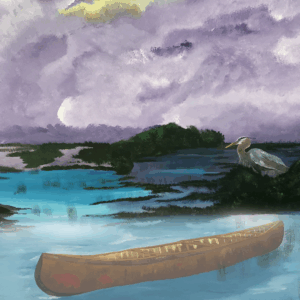First Nations governance: Resurgence of sovereignty

For thousands of years, First Nations peoples governed themselves through diverse systems of law, leadership and diplomacy — systems rooted in land, kinship and responsibility.
These were not primitive structures. They were sophisticated, relational and resilient.
Then colonization imposed foreign systems: the Indian Act, the band council system, Residential Schools and other tools of control that sought to erase Indigenous sovereignty and self-rule.
But First Nations governance never disappeared — it went underground, into the hearts and minds of Elders, Knowledge Keepers and community leaders who held it safe for future generations.
Today, First Nations are reclaiming their inherent right to govern — on their own terms.
Across the country, Nations are:
- Developing and implementing self-government agreements
- Reviving traditional governance structures like hereditary systems, clan systems and consensus models
- Challenging the Indian Act and colonial institutions
- Reasserting laws rooted in ceremony, land and interdependence
This is not just political. It’s spiritual. It’s cultural. It’s healing.
🧭 Why this matters:
True reconciliation must include Indigenous Peoples’ right to lead their own Nations — without gatekeeping, colonial oversight or assimilation.
Supporting First Nations governance means:
- Respecting Treaty and inherent rights
- Honouring traditional leadership and Knowledge
- Making space for Indigenous laws and systems of justice
- Understanding that sovereignty and self-determination are not optional — they are essential
🔗 Learn More:
- The Yellowhead Institute — research & analysis on Indigenous governance
- First Nations Land Management Resource Centre
- Indigenous Services Canada – Self-Government Info
Let’s shift the narrative from control to respect. From colonialism to co-existence.
Self-determination is not just a right — it’s a reality that’s already here. It’s time for Canada to catch up.
